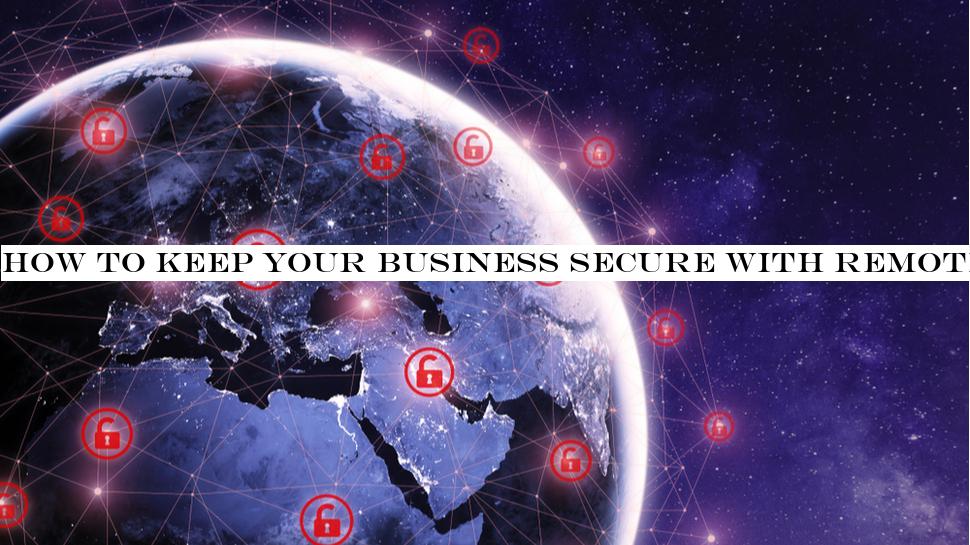INSUBCONTINENT EXCLUSIVE:
In the wake of the unprecedented pandemic, many companies are mandating social distancing through remote work and are striving to ensure
business as usual across their operations to minimise impact on their employees and customers
This new way of working highlights the importance of implementing procedures to avoid cybersecurity risks and business interruptions.As
employees continue to migrate from in-office to remote locations, the shift in the working environment will pose new challenges
This is where guidelines and best practices are needed to ensure remote employees are working securely.Improve security with VPNWhile
companies may have taken in-house precautions such as firewalls, Domain Name System (DNS) and Intrusion Detection Systems/Intrusion
Prevention Systems (IDS/IPS), these may not provide the level of security a business needs as the workforce becomes more distributed
In fact, due to the increasing number of remote workers, the Cybersecurity and Infrastructure Security Agency (CISA) is encouraging
practices to stay secure while working remotelyAdjusting to working remotely is more than just finding a suitable office location within the
Remote workers need to take into consideration the possibility of cyber-attacks and take the necessary precautions
When data is sent via an unsecured Wi-Fi connection, the user loses their privacy, making it possible for cybercriminals to intercept data
that they have fully patched and updated antivirus and antimalware software
In addition, their in-home Wi-Fi should be secured with Wi-Fi Protected Access (WPA2 or WPA3)
They also need to disable insecure features such as Universal Plug and Play (UPnP), as well as change Internet of Things (IoT) default
avoiding non-reputable websites or links, and promptly report any suspicious activity or concerns to their internal IT or Managed Service
highly recommended that remote employees are provided with company hardware, this may not always be possible
If this is the case, the installation of a reputable antivirus and firewall should be installed on the devices being used remotely for work
Avoid the use of file sharing (P2P) and other high-risk applications.? Use the business email only to conduct company business.Although
these security measures will help to promote a secure work environment while an increasing number of employees begin to work from home,
there are other considerations.Human resource policies and practices should be reviewed to ensure that they are consistent with the Centers
for Disease Control and Prevention (CDC)
The CDC has put in place recommended strategies for employers, which include exploring flexible worksites such as telework or staggering
shifts to increase the physical distance among employees.As the COVID-19 situation continues to escalate, putting best practices in place
now will help to ensure a seamless and secure migration of in-office workers to remote workers.Ryan Weeks is CISO at Datto

